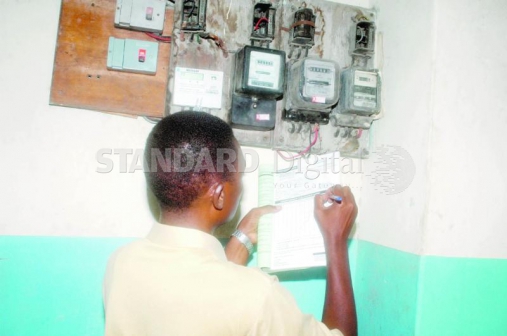×
The Standard e-Paper
Kenya’s Boldest Voice

?Kenyans are set to pay more for electricity following a double increase in the foreign exchange component of the monthly bill.
The charge cushions the power industry from costs associated with the weakening of the shilling when repaying electricity project loans advanced by lenders in foreign currencies, by passing the cost to consumers.